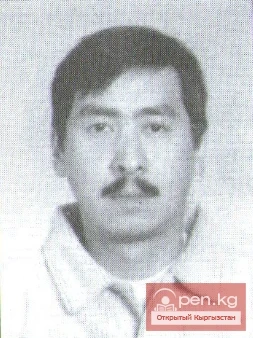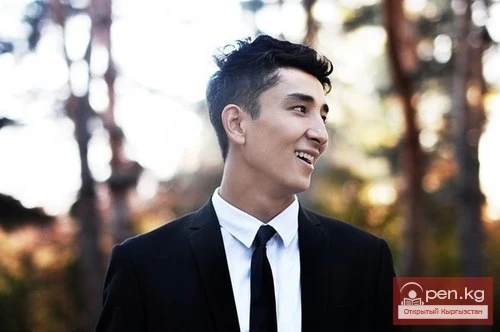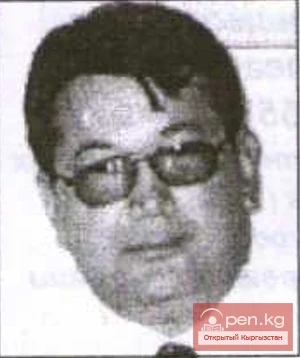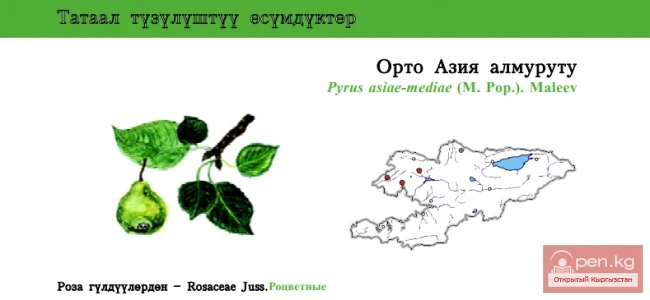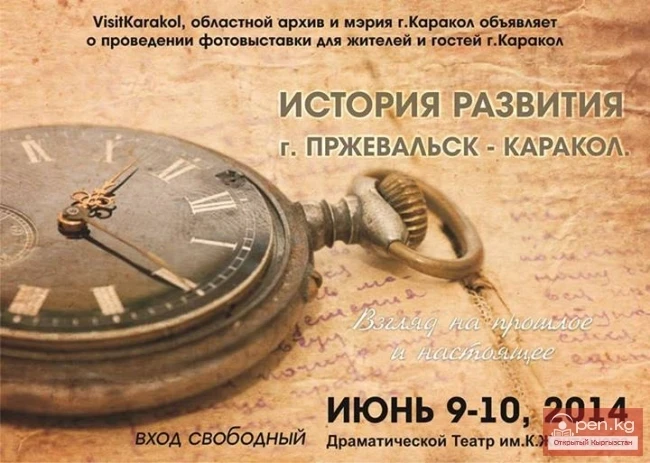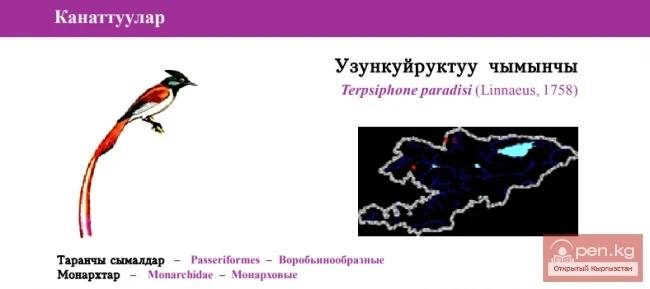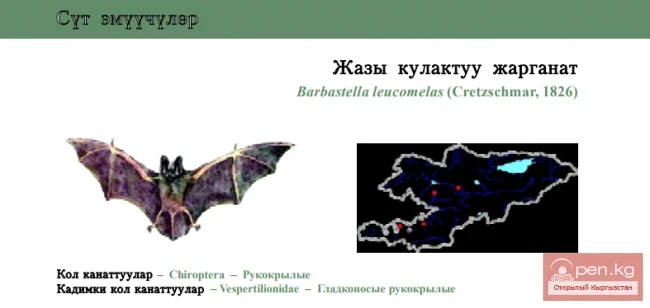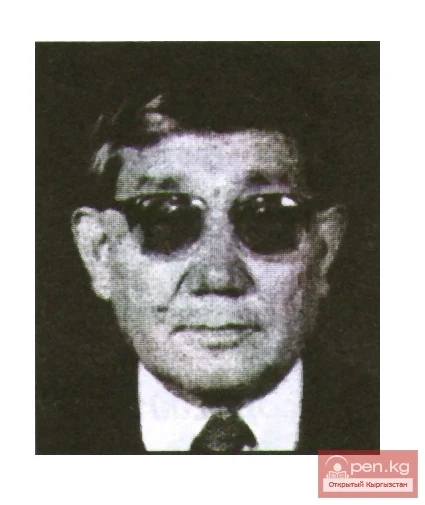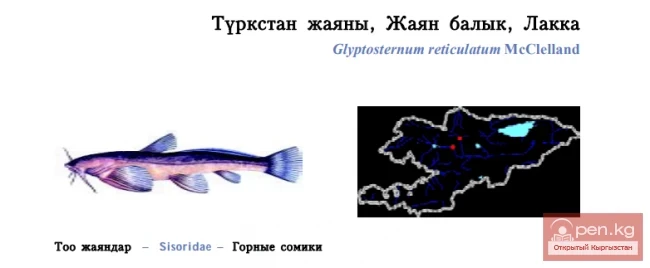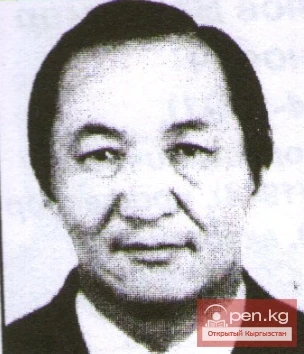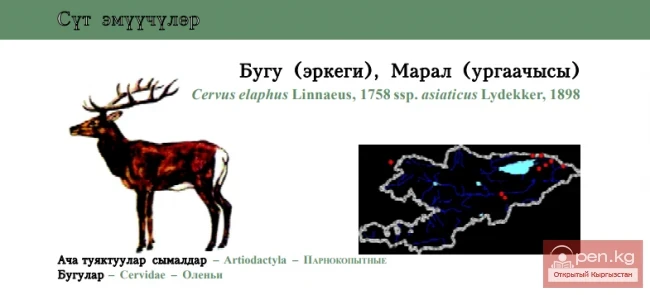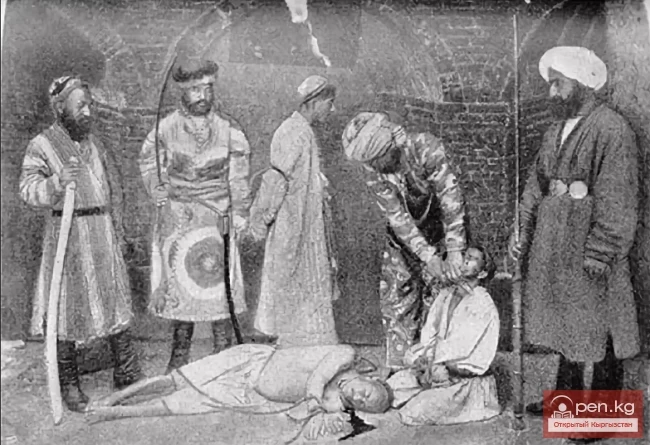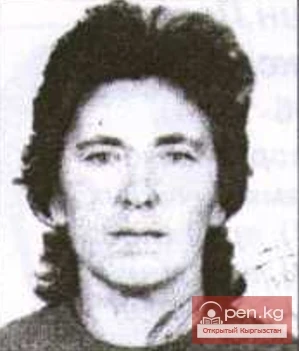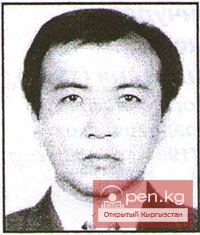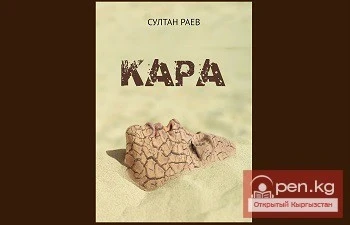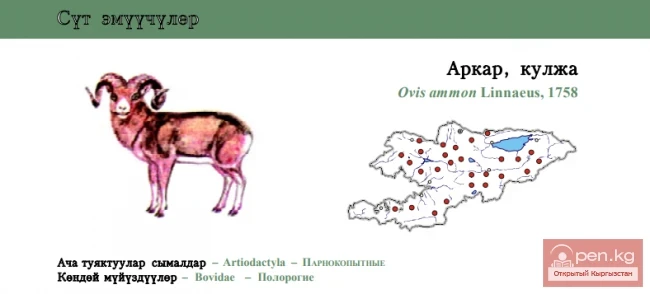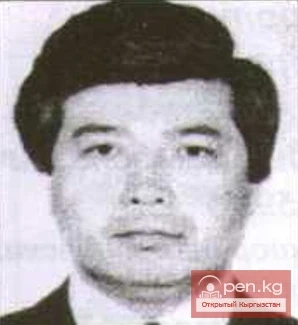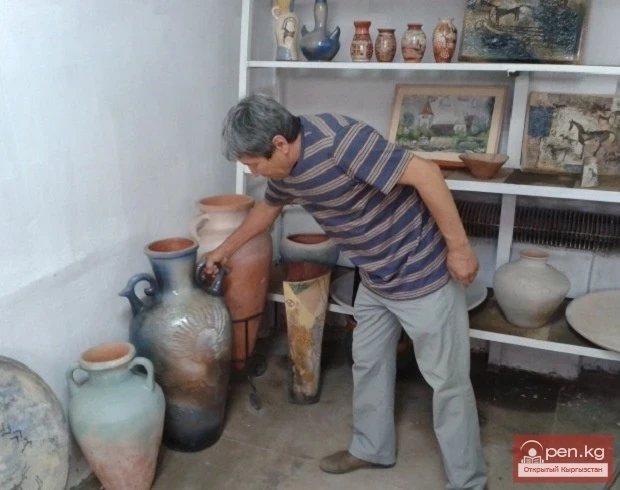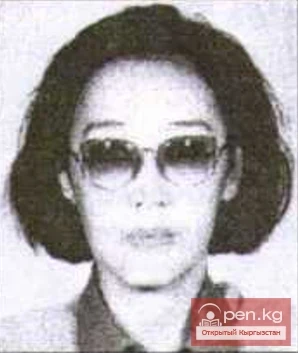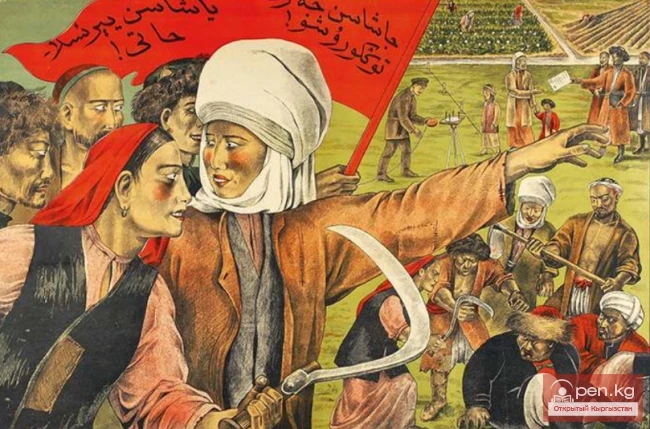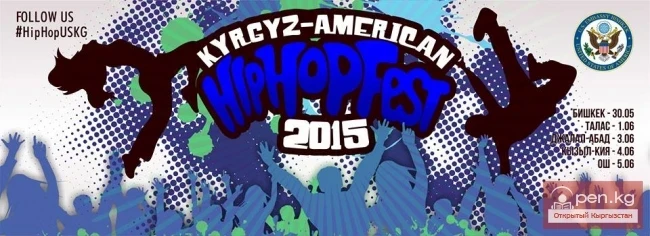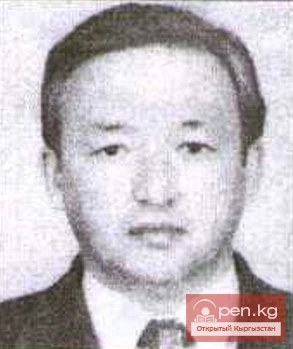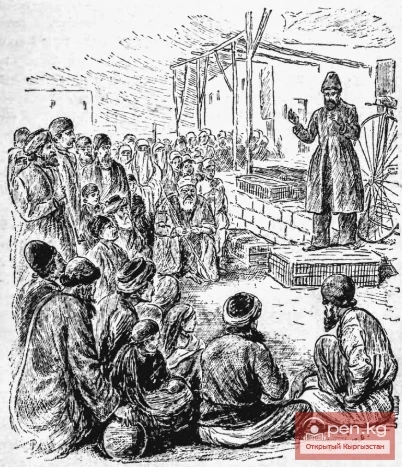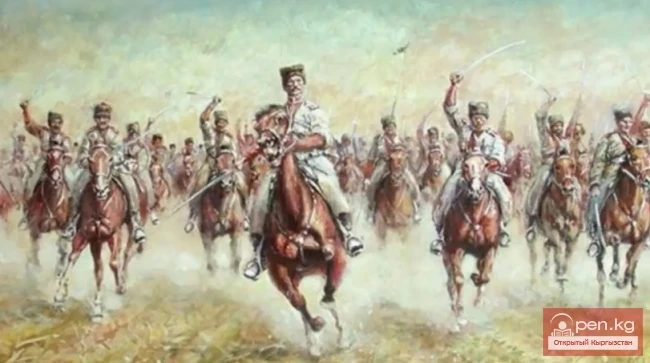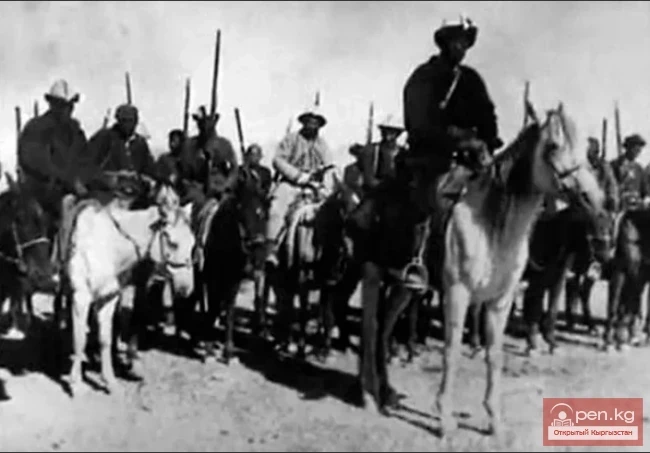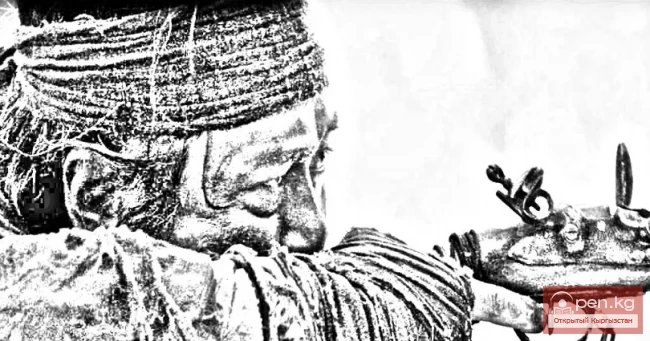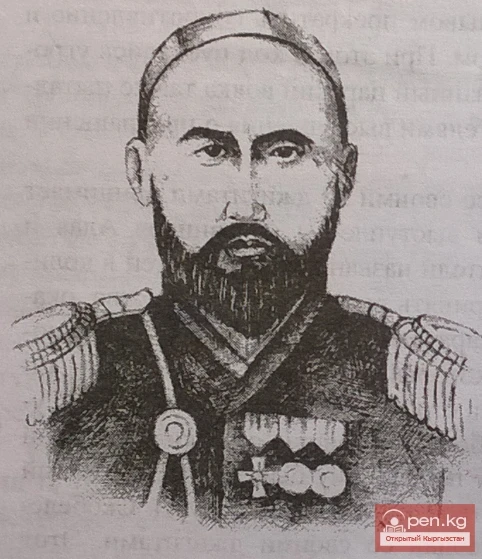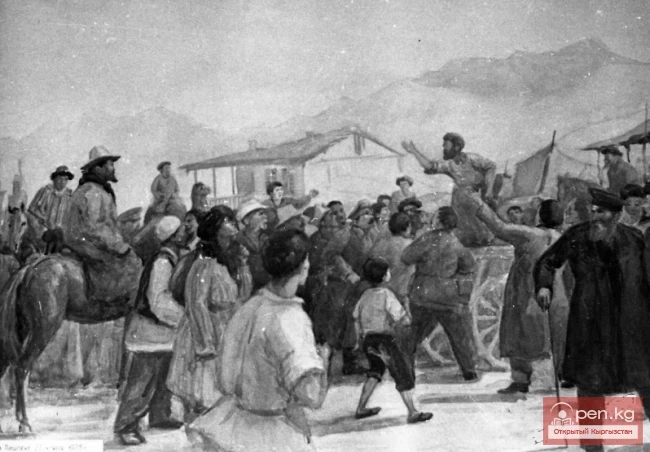
This event itself is a testament to the heightened interest and attention of the U.S. towards the Central Asian region. Kerry stated that his visit to the region is "very timely."
In Bishkek, the official opening of the new campus of the American University of Central Asia took place. Secretary Kerry also cut the ribbon for the new four-story building of the U.S. embassy, noting that "this building is a building of the 21st century, and it symbolizes the depth of our relationship with Kyrgyzstan." "We know that America was one of the first countries to recognize Kyrgyzstan's independence, and since then we have supported your country. This position will not change," emphasized Kerry in his speech.
During negotiations with the President of the Kyrgyz Republic, Almazbek Atambayev, John Kerry expressed confidence that this visit will strengthen relations between the two countries. Speaking in Bishkek, Kerry also praised the results of the recent parliamentary elections in the country and emphasized the need to sign a new agreement between the Kyrgyz Republic and the U.S.
Evaluating the outcomes of the U.S. Secretary of State's visit to Kyrgyzstan, acting Minister of Foreign Affairs of the Kyrgyz Republic Erlan Aldyldaev noted that Secretary Kerry's visit will open a new chapter in the bilateral relations between Kyrgyzstan and the U.S., and that the parties agreed to develop a "roadmap" for multilateral cooperation.
On November 1, at Samarkand airport, U.S. Secretary of State was met by President of Uzbekistan Islam Karimov and Foreign Minister Abdulaziz Kamilov. In the first half of the day, negotiations took place at the presidential residence on security issues and cooperation in the fight against ISIS.
A question from an American journalist from the Washington Post about human rights in Uzbekistan hung in the air, and the fact that the questioner was escorted out of the negotiation hall indicated that this topic could not be a serious subject for mutual discussion.
However, John Kerry did touch upon the issue of human rights and democracy, emphasizing at a joint meeting with the foreign ministers of Kazakhstan, Kyrgyzstan, Tajikistan, Turkmenistan, and Uzbekistan in the "C5+1" format that economic projects "are closely linked to the quality of governance and the strength of democratic institutions."
Addressing this topic was evidently dictated by the pressure exerted on Secretary Kerry during the preparation of the visit by influential Democrats (such as Ben Cardin, the human rights organization Human Rights Watch, and American journalists). The second reason is that this issue is a traditional lever of influence on the political situation in Central Asian countries from the U.S. It is probably for this reason that Kerry emphasized that it would be difficult to increase foreign investments in Uzbekistan if human rights violations are not curtailed.
Overall, the agenda of the six-party negotiations in the "C5+1" format, which the parties agreed upon on the sidelines of the UN General Assembly and which has been termed a "new format for dialogue," was much broader, with the main goal of expanding the format of economic cooperation among Central Asian countries and the U.S., enhancing cooperation in security and the fight against the Islamic State.
"The United States supports the sovereignty and territorial integrity and independence of each country represented here," Kerry stated at the meeting of the ministers. Kerry paid special attention to the need for closer relations with the countries of the region and also called for compensating for some reduction in the American role in the region, which is occurring due to the strengthening positions of Russia, and especially China.
The ministers focused on both global and regional issues. They discussed questions of economic development in the region and attracting investments, regional integration, water resource management, development of transport and energy potential, regional security issues in the context of the Afghan problem, border control, counter-terrorism, as well as issues such as cultural and humanitarian ties, innovations, and even the green economy. Following the meeting, a Joint Declaration of Partnership and Cooperation was adopted, in which the parties expressed their readiness to hold regular meetings in this format, and that the six countries would promote attracting foreign investments to the region, developing local entrepreneurship, regional trade, infrastructure, economic development, and energy ties.
American media highly praised this meeting, emphasizing that the new format of interaction acquires particular significance in the context of the withdrawal of American troops from Afghanistan, the threat posed by ISIS, as well as Russia's policies in Ukraine and Syria.
On November 2, U.S. Secretary of State visited the Republic of Kazakhstan, where he held negotiations with President N.A. Nazarbayev, Prime Minister Karim Massimov, and Foreign Minister Erlan Idrisov in the format of the 4th meeting of the Kazakhstan-American Commission on Strategic Partnership. Nursultan Abishevich and Kerry exchanged mutual greetings in accordance with diplomatic protocol, noting the importance of dialogue between Kazakhstan and the U.S. The U.S. Secretary of State also expressed confidence that the close partnership between Kazakhstan and the U.S. would significantly contribute to the implementation of the Five Institutional Reforms and the Nation Plan "100 Specific Steps." The heads of the foreign affairs agencies of Kazakhstan and the U.S. discussed a wide range of issues of bilateral, regional, and multilateral cooperation and adopted a Joint Statement.
E. Idrisov and J. Kerry highly appreciated the activities of the bilateral Commission on Strategic Partnership, discussed issues of expanding trade, economic, and investment cooperation in light of Kazakhstan's accession to the WTO, partnership in traditional and alternative energy, as well as the possibility of cooperation in education and easing visa regimes. Important aspects of the bilateral negotiations included current issues of regional security and stability, the fight against terrorism and violent extremism, regional integration of Central Asian countries, as well as preparations for the "EXPO-2017" exhibition and Kazakhstan's role in nuclear disarmament and non-proliferation.
Overall, during the meeting, the parties discussed the most pressing issues of Kazakhstan-American cooperation and outlined further concrete steps to expand strategic partnership in both bilateral and multilateral formats. Kerry confirmed the idea that the U.S. views its interaction with Kazakhstan as a strategic partnership and an opportunity to normalize relations with Russia.
During his visit to Kazakhstan, the U.S. Secretary of State also gave a lecture to students at Nazarbayev University, beginning his speech with a greeting in Kazakh. Speaking at the university, Kerry paid much attention to the development of integration processes in Central Asia. "The U.S.," as the Secretary noted, "always supports the integration of the region with equal rights and opportunities." "Economic integration should not be a zero-sum game. To succeed, it is not necessary for someone to lose while someone else wins at their expense. We can support trade from north to south, from east to west. We can connect the markets of Eurasia with Europe and China, and everyone will benefit from this." These are the first brief results of the official visit to Kazakhstan.
Next, the Secretary awaits negotiations in Tajikistan and Turkmenistan. The most challenging situation is observed in Tajikistan, both in terms of regional security and internal political stability. Tajikistan is the most important outpost against the Afghan threat. Moreover, recently Moscow has strengthened its military air group based in Tajikistan and initiated the creation of joint border forces of the CIS. Additionally, Tajikistan is currently in a state of further foreign policy and integration choice.
Overall, the Secretary's visit to the Central Asian region is important not only for the development of the region but also for the dynamics of Russian-American relations. Previously, the U.S. focused on expanding the geopolitical framework of the region and forming the so-called Greater Central Asia, but now it explicitly demonstrates a desire to respect the regional interests of Central Asia, a willingness to help the region reintegrate without the participation of the Russian Federation, and to become a "non-threatening trading partner" for the region.
The region, in turn, has vividly demonstrated the persistent retention of previous problems — in Kyrgyzstan, electricity outages are once again making headlines, and even during the U.S. Secretary's speech, the lights went out; in Uzbekistan, the attitude towards freedom of speech has once again been displayed. All of this indicates that, overall, Central Asian countries are in dire need of serious economic modernization and further political transformation. At the same time, Washington is unlikely to be ready for the necessary investments in Central Asian countries, especially those lacking significant energy potential. The United States is most interested in containing the integration initiatives of Russia (the EAEU project) and China (the Silk Road Economic Belt project), diversifying the supply of Central Asian energy resources, implementing the TAPI project, and strengthening military-political presence. This will be the primary focus of discussions with the leaders of Tajikistan and Turkmenistan.
Thus, this Central Asian tour is primarily an image move for domestic political consumption in the U.S., where the weakness of the Democratic Party's foreign policy, against the backdrop of Russia's proactive foreign policy, simply demands some external activity. And this, not-so-well-concealed essence of Kerry's visit cannot but disappoint the elites of certain countries in the region who are inclined towards opposing the EAEU. Furthermore, the U.S. desire to activate the Trans-Pacific Partnership format also offers little to Central Asia, as it is difficult to connect to it due to geography. Political leaders in Central Asian countries understand this very well.
Director of the Information and Analytical Center "Eurasia-Volga" Marina Lapenko

